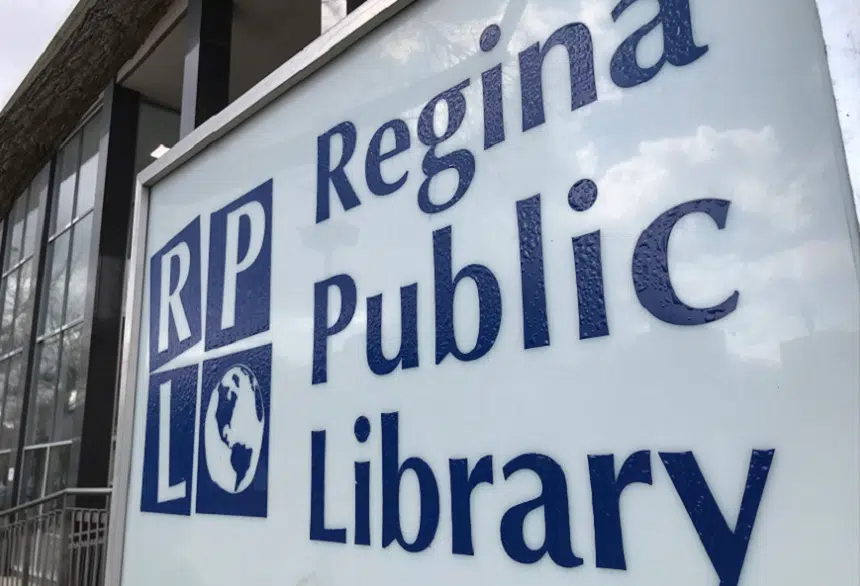Filmmakers in the Queen City are getting a chance to use their creative skills this weekend.
Starting Friday night, the Regina Public Library and Dunlop Art Gallery are teaming up to hold a 48-hour filmmaking challenge that’s open to all Regina residents.
The short films must be between four and seven minutes long and include the same required line, prop and sound.
“It gives people a unique challenge to try to incorporate those things, but everyone will still come up with something different,” said Wendy Peart, curator of education and community outreach at the Dunlop Art Gallery.
On Aug. 26, filmmakers will get a chance to showcase their films on the downtown library’s big screen and have it reviewed by a judging panel.
“I know people put things on YouTube and other online platforms — which is great — but to have this real-life event where you can be acknowledged for the work you do, that’s something that’s unique,” Peart explained. “I think that will have an impact on people.”
While the competition is open to both professional and amateur filmmakers, Peart noted she wants the competition to send a direct message to up-and-coming movie makers that there’s space for them in the community.
“I want (amateur filmmakers) to know that, ‘Hey, you can create something that others can enjoy and you can have some kind of platform to share your ideas and stories,’ ” she said, adding the challenge is a good way to see who’s out there and interested in film.
“We really do want to inspire people in the community to make films, watch films and have conversations about films because it really adds to our community vibrancy and our economic growth.”
Peart said this will be the second time Regina has held a 48-hour filmmaking challenge. The first was in December.
If everything goes well this weekend, she mentioned organizers will consider holding the competition twice annually — once in the winter and again in the summer.
Saskatchewan’s ‘still on the map for film creation’
In 2012, the Saskatchewan government axed the film tax credit, saying it couldn’t afford to offer the subsidy that covered 55 per cent of the labour in video and film productions. It was replaced with a grant program that is widely critiqued by local filmmakers.
Despite that still fresh in the minds of many Saskatchewan movie makers, Peart noted — between community engagement activities like this and the growth of technology — she sees new potential in the province’s film industry.
“All of this contributes to potentially rebuilding (the film) industry,” she said. “We want people to know we’re still on the map for film creation.”







